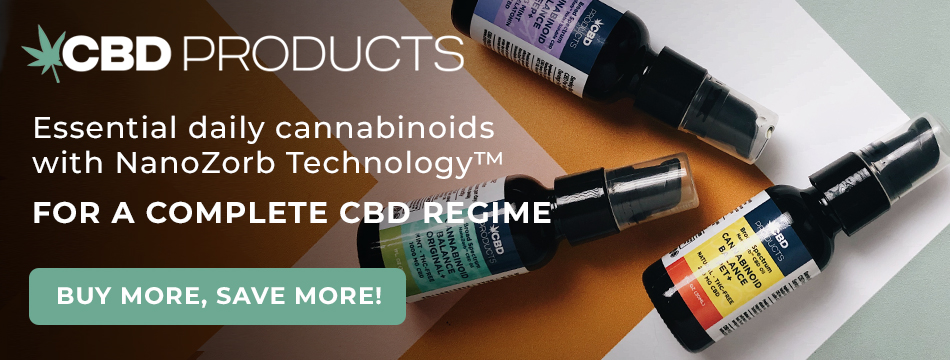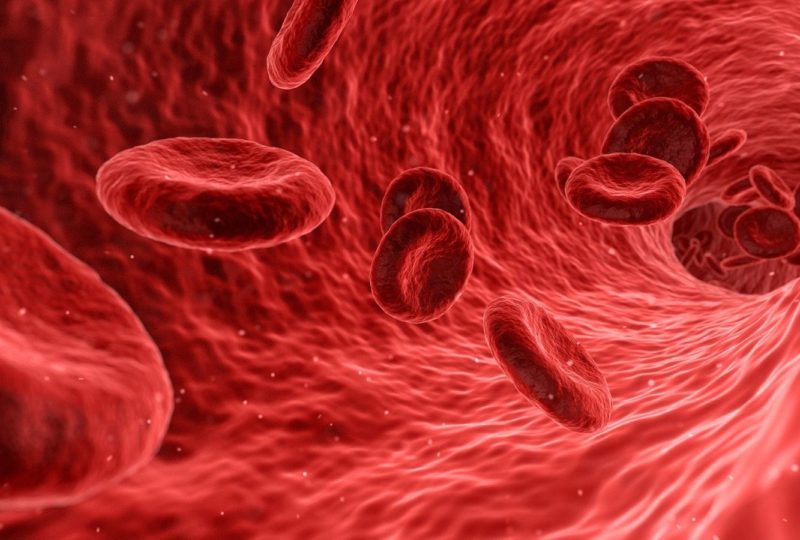Clinical trials and the drug development process
Depending on regional regulations guiding drug development and use, there are different protocols needed to prove the efficacy and purity of drug candidates. Clinical trials are an important part of the drug development process. Unlike preclinical research studies, clinical trials are conducted with human volunteers to evaluate how the drug interacts with the human body. In addition to reports on drug-body interaction, clinical trials also provide valuable insights into the cost-effectiveness of a treatment plan, the possible adverse effects of a new drug candidate, and how a new drug can improve patients’ quality of life for a specific indication. Pharmaceutical companies and research institutes follow a comprehensive plan in conducting a clinical trial.
The comprehensive plan provides details on the intended indication, dosage regimen, participant pool, schedule of treatment, objectives, and length of study. Information gathered on completing the clinical study is necessary to secure the necessary approval for marketing and use in humans. Clinical trials are conducted in phases and designed to sequentially answer pre-determined questions concerning the drug-body interaction. To avoid harmful effects in human subjects, clinical trials are also conducted in compliance with the Good Clinical Practice guidelines. Whether synthetic or naturally derived, all substances intended for use in the diagnosis, prevention, and treatment of diseases in humans are subjected to clinical trials.
Natural products are widely considered by many people to be safe for use in humans. With the recent wave of pro-cannabis legislation across the globe, many now use cannabidiol and other extracts of cannabis in the management of sleep disorders, pain, inflammation, substance abuse disorders, anxiety, and neurodegenerative diseases. In a large part, the evidence supporting these uses are unproven. The use of cannabis-based products has increased dramatically over the last decade, prompting many clinical trials to be conducted in order to establish a scientific basis for the safety and efficacy of these products.
As of December 2019, the list of cannabis-derived drugs approved by the FDA includes Nabilone, Epidolex, Marinol, and Sativex. Currently, there are many studies and clinical trials conducted to introduce more federally approved cannabis-based drugs into circulation.
Current clinical trials on cannabidiol
- Cannabidiol for Covid-19 patients with mild to moderate symptoms
Sponsored by the University of Sao Paulo, this study is a randomized, double-blind, placebo-controlled clinical trial aimed at evaluating the efficacy and safety of cannabidiol in patients infected with SARS-CoV-2. As of June 2020, the trial status is “recruiting,” and details published by the U.S. National Library of Medicine suggested that the trial was expected to be completed by October 31, 2020. Using a participant pool of 100 patients placed on a 14-day, 300mg CBD regimen, this study will provide possible scientific evidence on the benefits of CBD in decreasing viral load and modifying inflammatory parameters.
Participants will also be evaluated for possible side effects, improvement of clinical and emotional symptoms, reduction in disease severity, and improvement in symptoms of sleep disorders. This trial is primarily conducted to provide a treatment option for these patients, who will also receive the clinical and pharmacological measures standardized by the Brazilian Ministry of Health’s guidelines for the diagnosis and treatment of mild and moderate cases of SARS-CoV-2.
- Use of CBD oil in the treatment of post-traumatic stress disorder
This clinical trial is sponsored by the University of Austin and aimed at testing CBD’s clinical efficacy in the treatment of post-traumatic stress disorder (PTSD). Designed as a double-blind, randomized study, this trial will be conducted in PTSD patients meeting the full DSM-5 criteria for PTSD. Prompted by the wide use of CBD products in the management of depression, anxiety, and neurobehavioral disorders, sponsors of this trial are testing the hypothesis of whether CBD monotherapy can significantly improve PTSD symptoms. If successful, this trail can provide the needed scientific support for the use of cannabidiol in the treatment of PTSD. With an estimated enrollment of 120 participants, this trial is expected to be completed by May 2024.

- Novel cognitive treatment targets for Epidiolex in Sturge-Weber syndrome
In June 2018, the U.S. Food and Drug Administration (FDA) approved Epidolex—a purified form of CBD for the treatment of seizures associated with Dravet and Lennox-Gastaut syndromes. This clinical trial, sponsored by Anne Comi, MD, is also centered on Epidiolex and focused on understanding the potential benefit of cannabidiol in the treatment of cognitive impairments in Sturge-Weber syndrome.
Designed as an open-label prospective drug trial for 10 subjects, this trial basically involves a 24-week administration of oral cannabidiol (Epidolex) and extended 1-year treatment in selected patients. As a yardstick of cannabidiol efficacy in Sturge-Weber syndrome, this trial will primarily evaluate measures that gauge cognitive enhancement. This clinical trial is expected to be completed by February 2021.
- Cannabidiol and oral contraceptive pills: exploring a drug-drug interaction
Sponsored by Oregon Health and Science University, this clinical trial is aimed at assessing the effects of cannabidiol on the effectiveness of oral contraceptive pills. Over the last decade, there has been a significant increase in the use of cannabidiol in the female population, especially among women of reproductive age. Many women in this class use CBD for menstrual pain control, sleep disorders, and anxiety disorders. There are many studies suggesting that CBD can influence the pharmacology of many drugs. With an estimated enrollment of 24 participants, this study will provide a scientific explanation for any possible interaction between cannabidiol and oral contraceptive pills by assessing serum levels of steroid hormones, including Ethinyl estradiol and levonorgestrel in contraceptive pill users. This trial is designed as a randomized study and expected to be completed by March 1, 2021.
- Effects of cannabis on cognition and endocannabinoid levels in bipolar disorder patients and healthy volunteers
Bipolar disorder presents many debilitating symptoms that ultimately adversely affect the quality of life of patients with the disorder. This trial is aimed at determining the effects of oral cannabinoid administration on decision making, arousal, cognitive control, and temporal perception in patients with bipolar disorder. Sponsored by the University of California, San Diego, the study has an estimated enrollment of 144 participants and expected to be completed by February 2023. Designed as a randomized control trial, this clinical trial is centered on cannabis-derived drugs (specifically, Dronabinol and Epidiolex) and will also evaluate cognition and endocannabinoid levels in bipolar patients.
There are other registered clinical trials currently underway with the aim of providing scientific support for the use of cannabidiol and other cannabis-derived products in the management of disease conditions in humans.
REFERENCES





